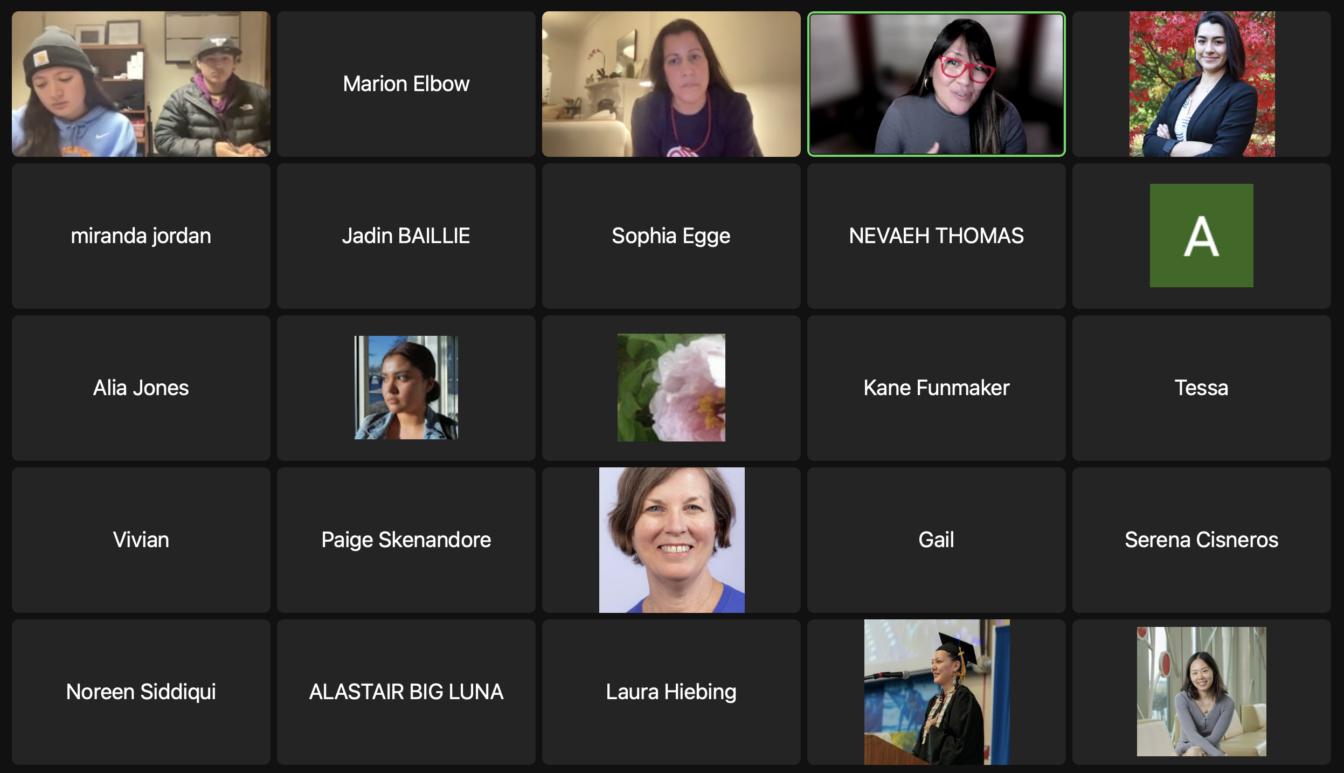To celebrate national Native American Heritage Month, the University of Wisconsin Indigenous Student Center Coalition hosted a virtual keynote event Tuesday.
Poet Natalie Diaz, who won the 2021 Pulitzer Prize for Poetry for her work “Postcolonial Love Poem,” and Arizona State University assistant professor Amanda Tachine both spoke at the event.
Diaz and Tachine spoke about how they both use their writing to serve their communities and express themselves.
“I think it’s important for Native people to write or do anything else that we love, or that we dream, or that we excel in or that brings us into relation with one another,” Diaz said.
Diaz said her writing is nearly always an expression of love — not just for herself, but for her family and community as well.
WERC rules UW Health not required to recognize nurses’ union
Tachine said she has a similar relationship to writing, and encouraged Native people to write stories because Native populations were traditionally storytellers. She said that Native people can use their gifts as writers to increase their visibility and representation in academia and literature.
“I really wish I had a story of Native girlhood because all the stories [I read as a child] were of non-Native, predominantly white girls,” she said.
Writing is similar to rug-weaving because the stories outlive the people who tell them, similarly to how rugs are passed on for generations, Tachine said.
New program provides supports for homeless families, pregnant women
Diaz said her biggest priority in her work and in her life is to remember that she is deserving of love and that she’s capable of offering love to other people. She said for a long time, Indigenous Americans have been told that they were undeserving of love.
“I use the word ‘love’ a lot in my work,” she said. “And one of my responsibilities is I always want to remember that I deserve it.”
The ISCC’s theme for this November is “Beyond an Acknowledgement,” according to their website. ISCC said they want the campus community to go beyond learning and acknowledging Native history and recognize current issues as well.
There will be two NAHM events Nov. 30 — an Indigenous Language Table and a virtual town hall.













